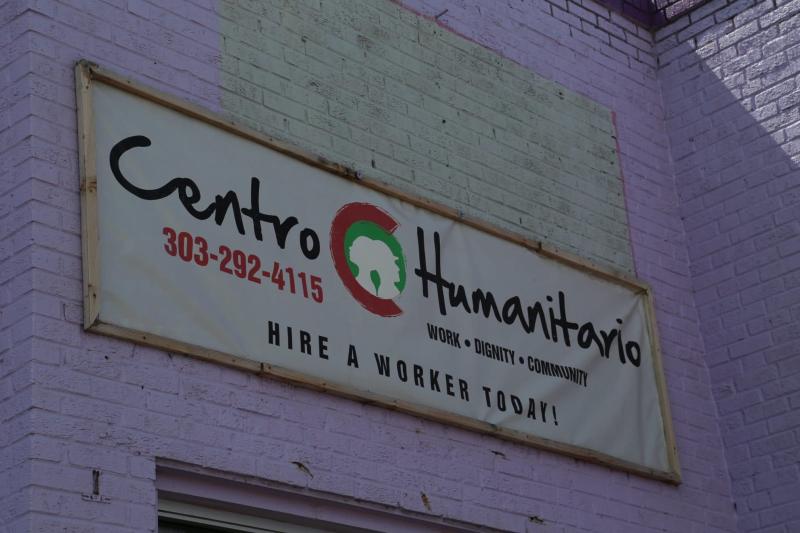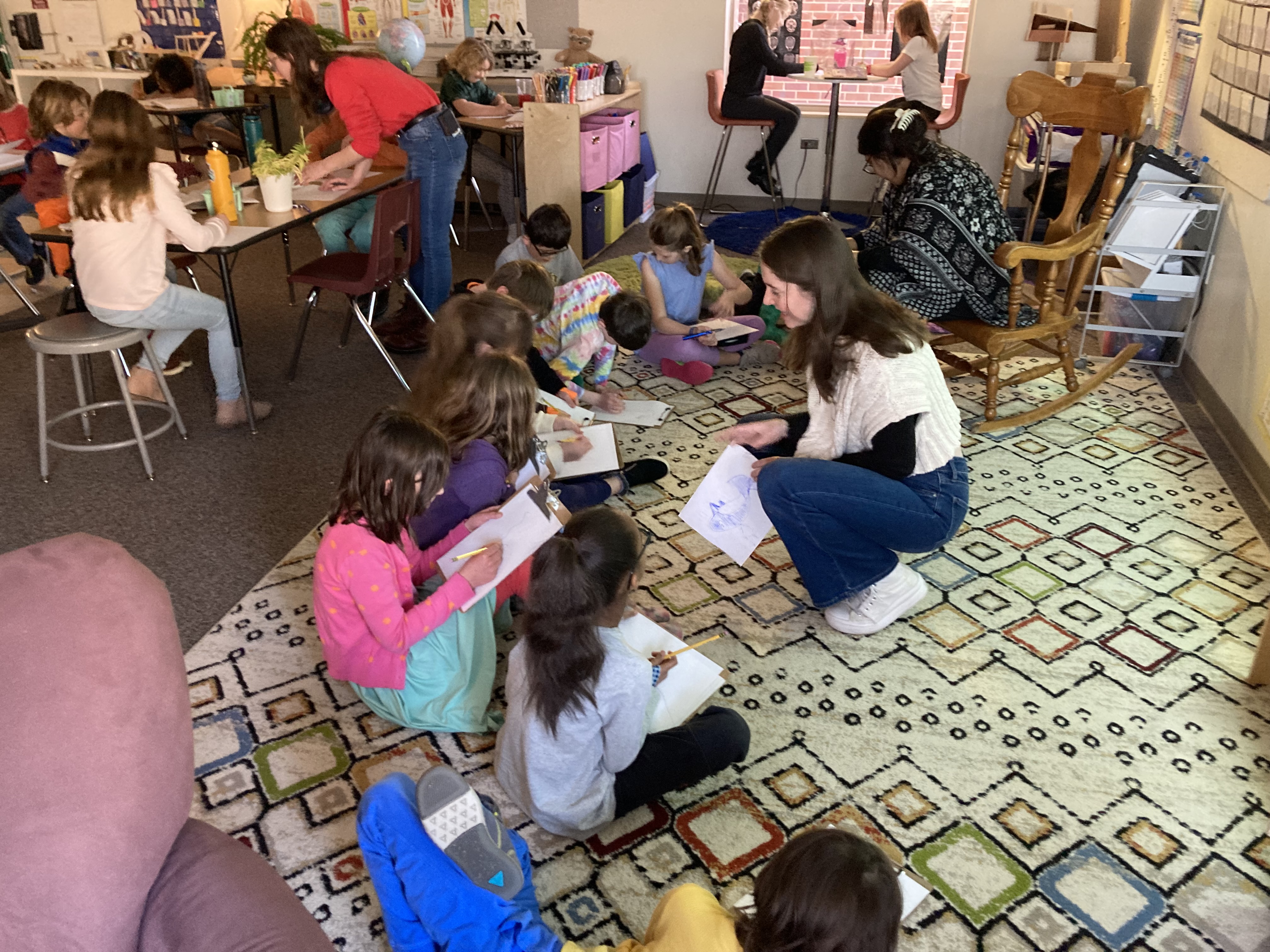Qualitative Research Methodologies: Working with the Denver Immigrant Community
By: Rebecca Galemba, Associate Professor, Korbel School of International Studies

Every year my MA graduate course, Qualitative Research Methods, partners with organizations in the Denver area working to advance immigrant and labor rights. In the winter of 2022, students advanced two longer-standing collaborations with Centro Humanitario para los Trabajadores-Denver’s worker center-and Jobs with Justice, built off a nascent partnership with the Colorado Asylum Center, and began a new project with Centro’s work with the Left Behind Workers’ Fund, which connected Colorado workers who experienced income and job loss from the pandemic, but were otherwise ineligible for federal and state relief funds, to much-needed financial support.
With Centro, students volunteered remotely with the Direct Action Team, helping workers who had experienced wage theft confront their employers or file legal claims to recover their money. In doing so, they continued a service-learning and research collaboration I began with this class in 2013. Students also learned from advocates and attorneys how COVID had impacted the climate around workers’ rights—aggravating the vulnerabilities of the most vulnerable but also opening new possibilities—many immigrants became more interested in advocating for their rights as workers and the state policy climate shifted towards expanding immigrant and worker protections.
Students working with Centro on the Left Behind Workers’ Fund learned from Centro’s conectoras about the challenges of the pandemic, experiences they had reaching immigrant workers, the impact of the funds, and its shortcomings. Centro’s conectoras had reached nearly 3,000 immigrants to disburse these funds. We had hoped the effort would provide data to advance legislation working to create a permanent unemployment fund accessible to those who had been ineligible solely due to their immigration status. Legislation passed in the spring of 2022, which was too quick for us to inform any results, but provided some seeds for continuing collaboration to tie in what we learned with Centro’s efforts to connect individuals reached by the fund to their membership and organizing campaigns.
The Jobs with Justice partnership paired students with an ongoing study to examination the labor implications of the controversial Central 70 highway expansion. Originally tasked with piloting a survey instrument to workers, the students learned the value of pivoting when it became impossible to track down anyone working on the project. Local activists fighting the project also tired of talking. We realized that focusing on the labor implications glossed the wider forms of dispossession, environmental racism, and hazards that exacerbated long-standing forms of development-induced dislocation and harm in what is one of the polluted residential zipcodes in the country. Students leveraged prior data collected on the project and their own connections to begin studying these larger problems while learning about the ethical imperatives of community-based research that often run counter to funding and publishing mandates-not to push forward on a pre-formed agenda driven by the researchers that clashes with on-the-ground realities and community priorities.
The Colorado Asylum partnership intended to examine due process violations occurring on an expedited asylum processing system—the dedicated docket--that the Biden administration created for newly arriving families at the US-Mexico border. Because Denver’s immigration court remained closed due to COVID, the students could not observe court. They shifted to assisting in asylum clinics and interviewing attorneys and advocates around the country to learn about their experiences. Their research helped set the stage for revealing how the expedited process is far from efficient as advertised, but instead is conducive to poor coordination and clerical errors, makes it more difficult for families to find attorneys or prepare the appropriate evidence for their cases, and in practice, operates as a deportation funnel. Their research created the baseline for a larger study on the dedicated docket in Denver. With the generous support of a Public Good from CCESL, we are continuing the research.
The class serves as an incubator for new community-engaged research projects, a way to sustain long-term partnerships, and stimulate new ways for thinking about how research, teaching, activism, and advocacy can mutually sustain one another to build stronger partnerships between DU and the community. Some students published their findings through the DU Immigrant and Refugee Rights Colectivo Digest and they all shared reports with partner organizations. Yet there remains a tension between the relationship-building that such partnerships require and the brevity of most students’ involvement on the quarter system—students debate their own roles and position in these ongoing projects, as well as how their intersectional positionalities often shift between home, school, work, the community research, and even within their student groups. Finally, as I continue this yearly class, I struggle with how to fully democratize and decolonize the terms of engagement- we need a model that allows us to critically rethink who sets agendas, stakes out partnerships, controls funds, analyzes data, and produces knowledge. Only then, can such partnerships begin inching towards the forms of transformative social change to which they aspire.


